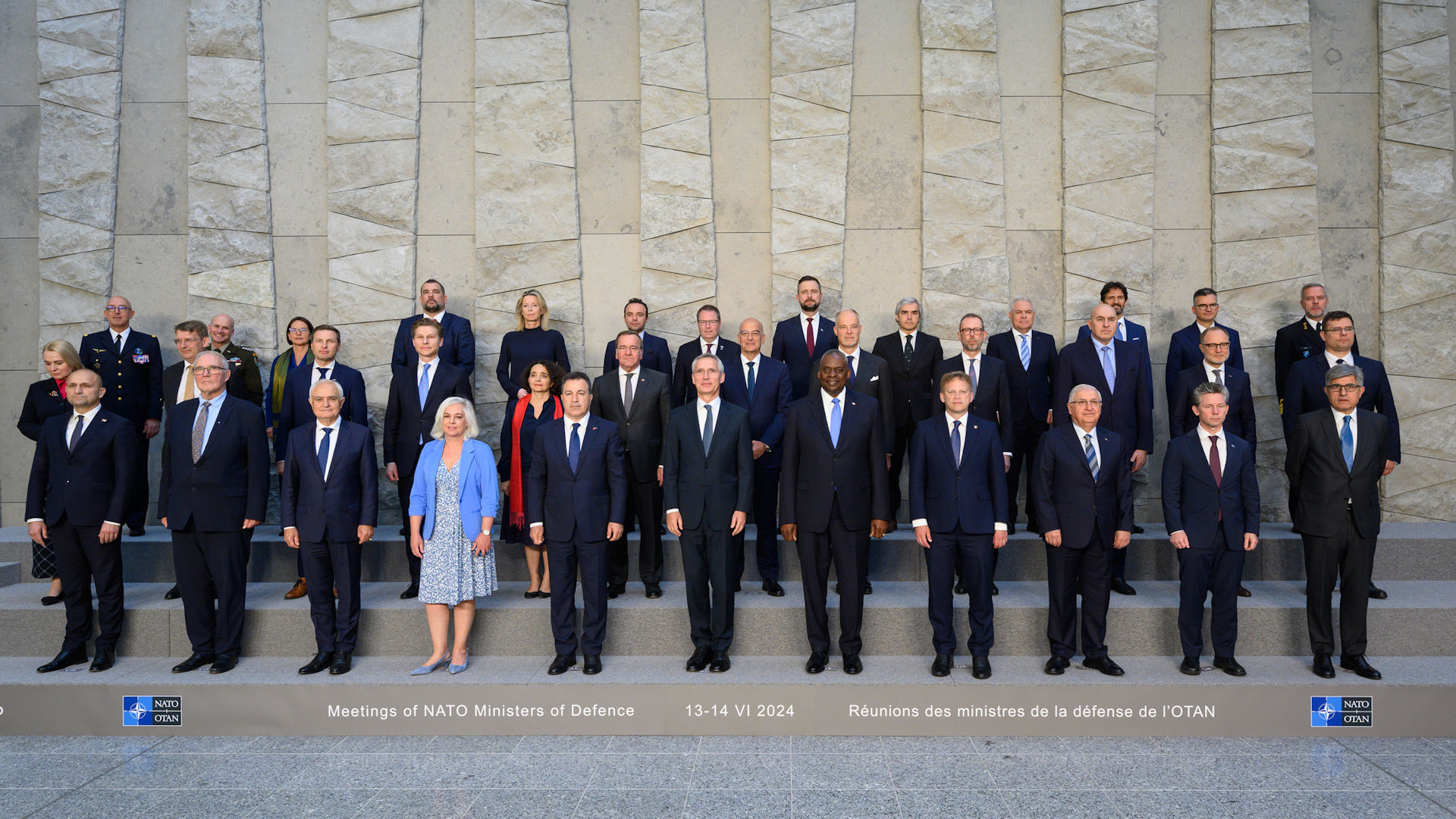
Winston Churchill gets credit for saying “jaw, jaw is better than war, war,” though that is not quite what he actually said in 1954. What is, sadly, paradoxical about these times is that jawing and warring are going on in tandem. Indeed, the jawing may be driven by the warring. Surely that is true for Secretary of State Anthony Blinken, who has practically assumed diplomatic residence in the Middle East.
By Gregory F. Treverton
Note: The views expressed here are those of the author and do not necessarily represent or reflect the views of SMA, Inc.
The NATO defense ministers met last week in Brussels, to prepare for the NATO summit in Washington in early July. Another sad paradox—especially for those of us who served government during the Cold War and assumed that NATO would fade along with the Soviet Union—is that Putin’s invasion of Ukraine has made NATO more relevant than ever. Indeed, as a committed Swedophile, I had always assumed that Sweden would approach NATO but always find reasons not to join. It took Vladimir Putin to give it and Finland the reason.
The ministers’ main task was to forge a long-term plan for assistance and training for Ukraine. They managed to get Hungary not to veto the plan as long as it didn’t have to contribute—a reminder of the line we used to use about NATO, that “its great virtue was that it could do things in practice that it couldn’t do in principle.” The principle of unanimity seemed to guarantee inaction, but in practice the small countries deferred to the larger ones.
The ministers’ meeting came on the heels of the meeting of the G-7, major western economies plus the European Union. They agreed to divert the proceeds of Russian assets frozen in the West to finance loans to support Ukraine. Washington also announced new sanctions aimed at preventing support to Russia, including from China, by raising the stakes for financial institutions that deal with Russia. Separately, Washington announced a ten-year security agreement with Ukraine, including the transfer of five more Patriot missile defense batteries. There was no change, however, in the ban on using longer-range U.S. weaponry against targets in Russia that are not being used to strike the Ukrainian city of Kharkiv.
The NATO defense ministers’ meeting teed up the Washington NATO summit in early July. That will be a challenge—and a test—for the NATO alliance. It will again be a chance to demonstrate solidarity with Ukraine and with its President, Volodymyr Zelenskyy. The test will be whether the summit can thread the needle, offering serious security guarantees to Ukraine without promising immediate NATO membership. Yet, surely now is the time to make more tangible the prospect of eventual membership. So, too, French President Emmanuel Macron’s call to send troops to Ukraine, at least for training purposes, is on the mark. The allies will also seek to “Trump proof” aid to Ukraine by assigned the coordination task to NATO, not the United States. This is time to be firm, a Ronald Reagan “tear down that wall” moment. NATO must not lose it.